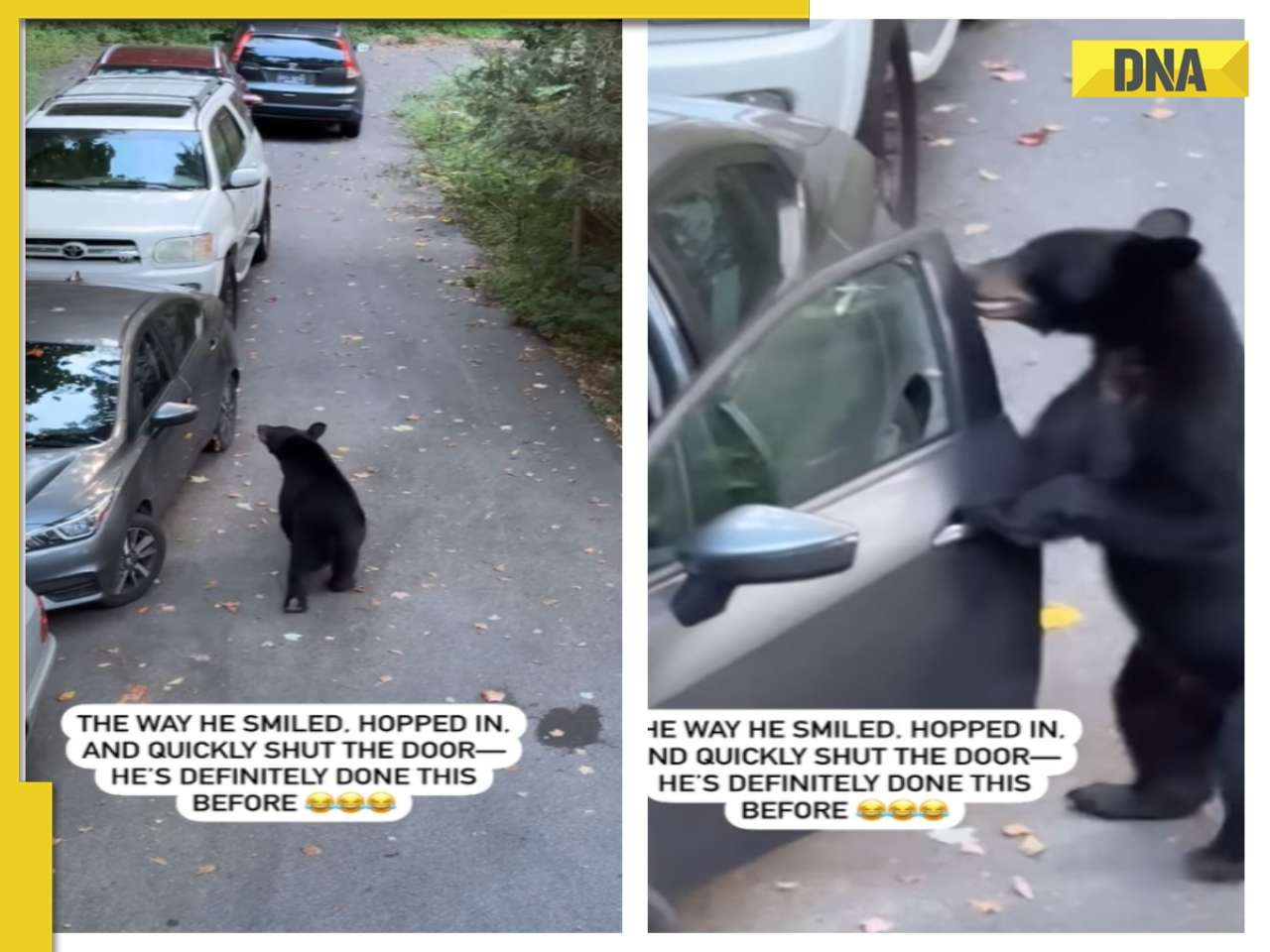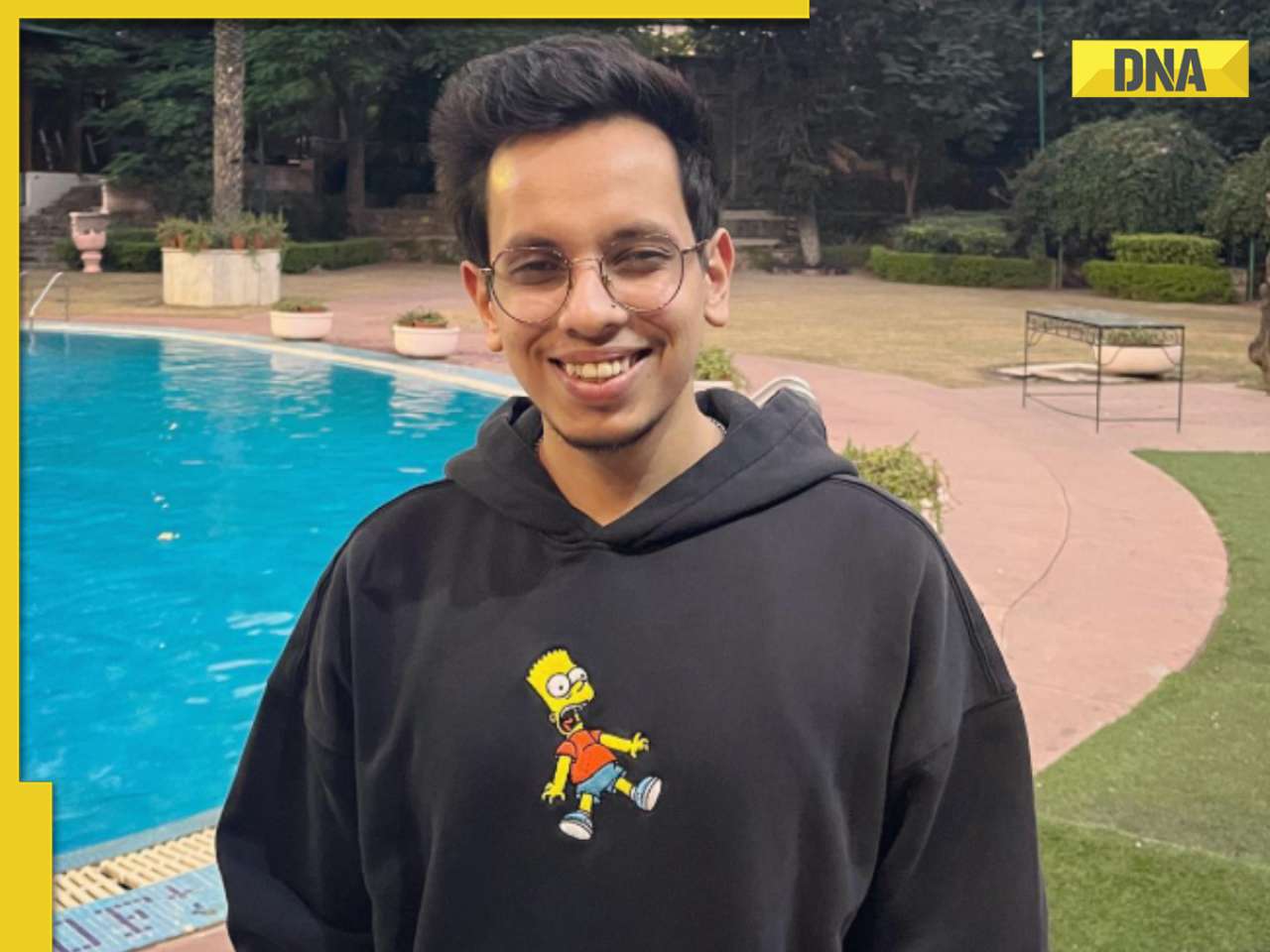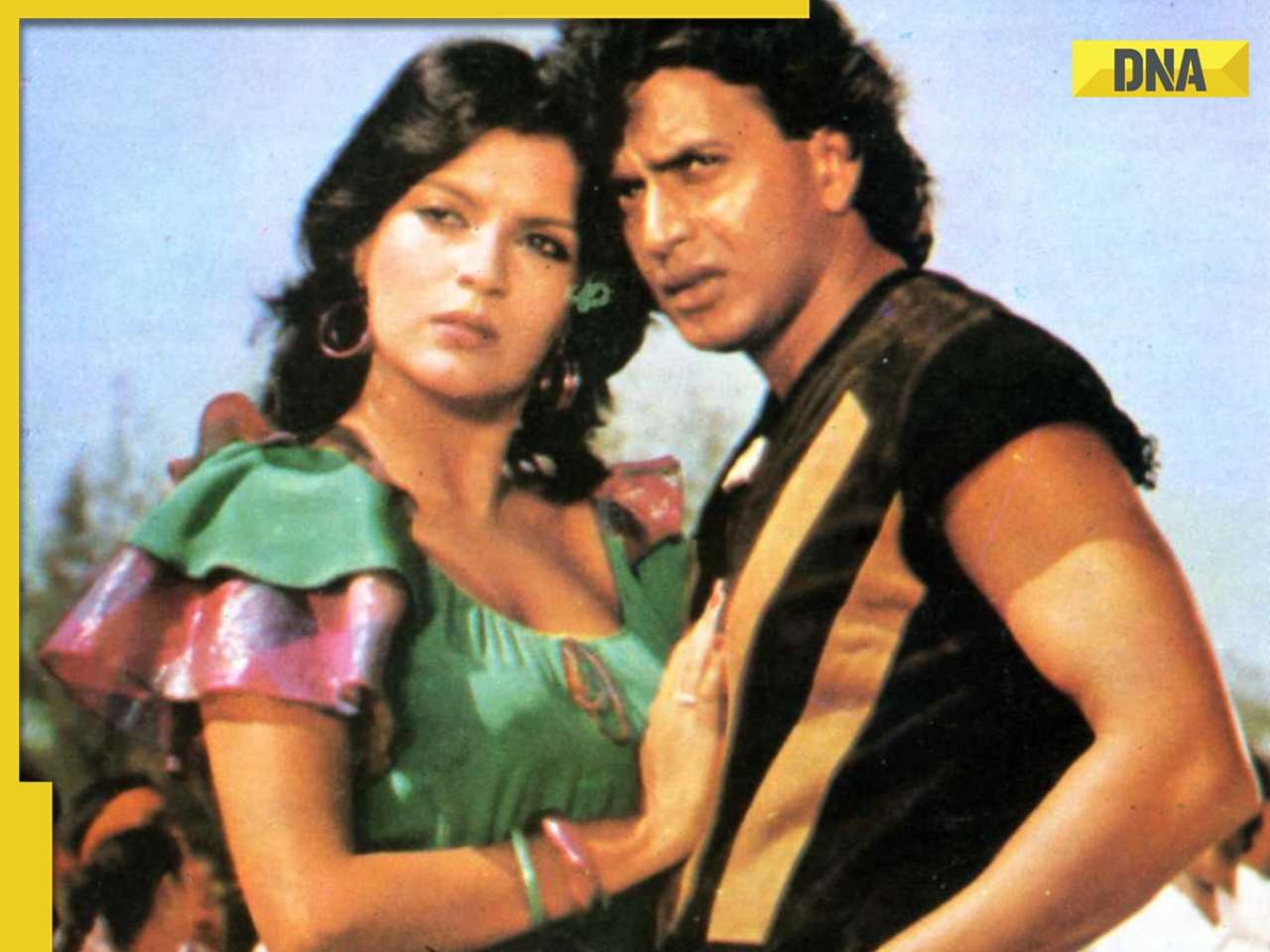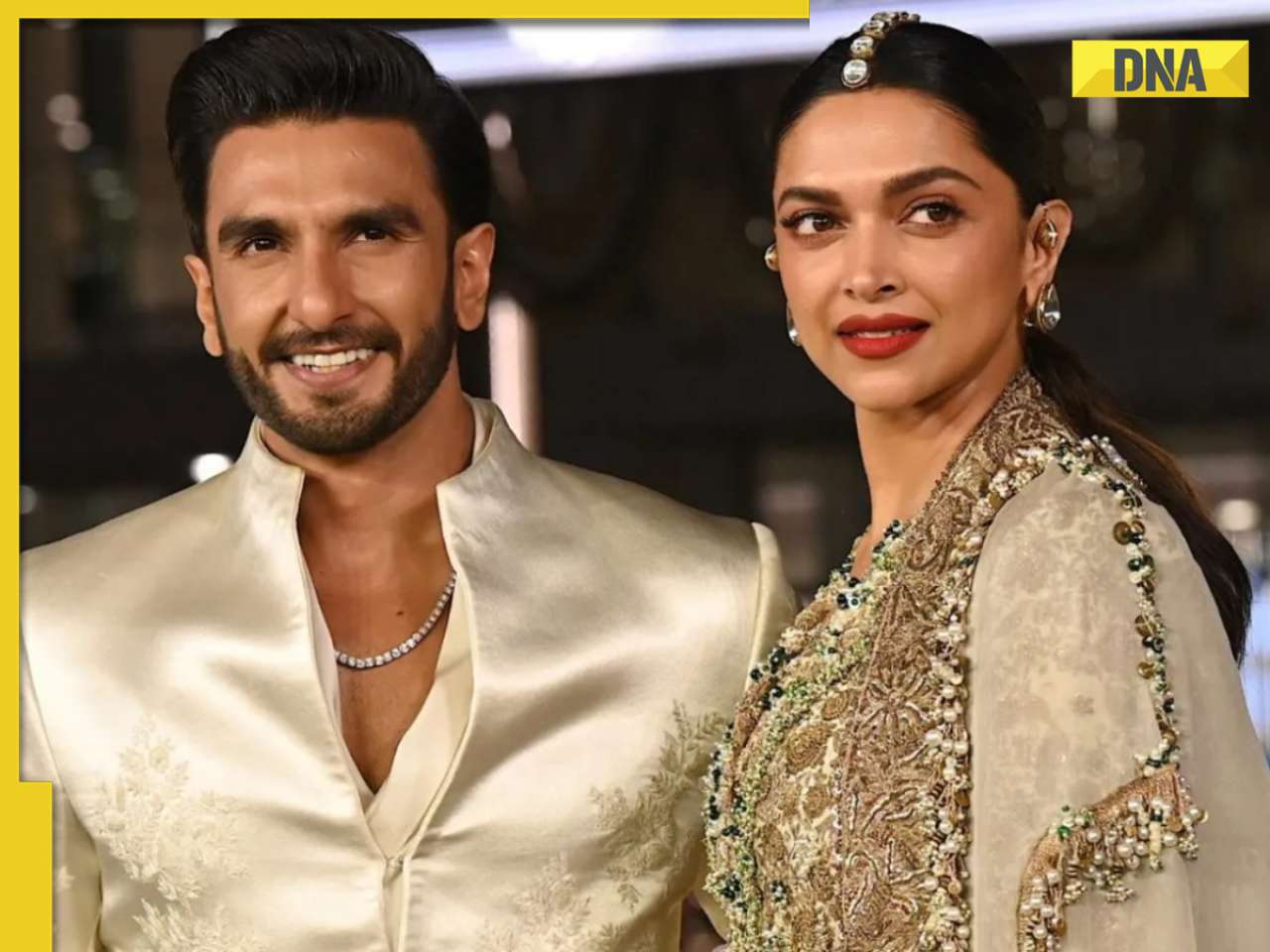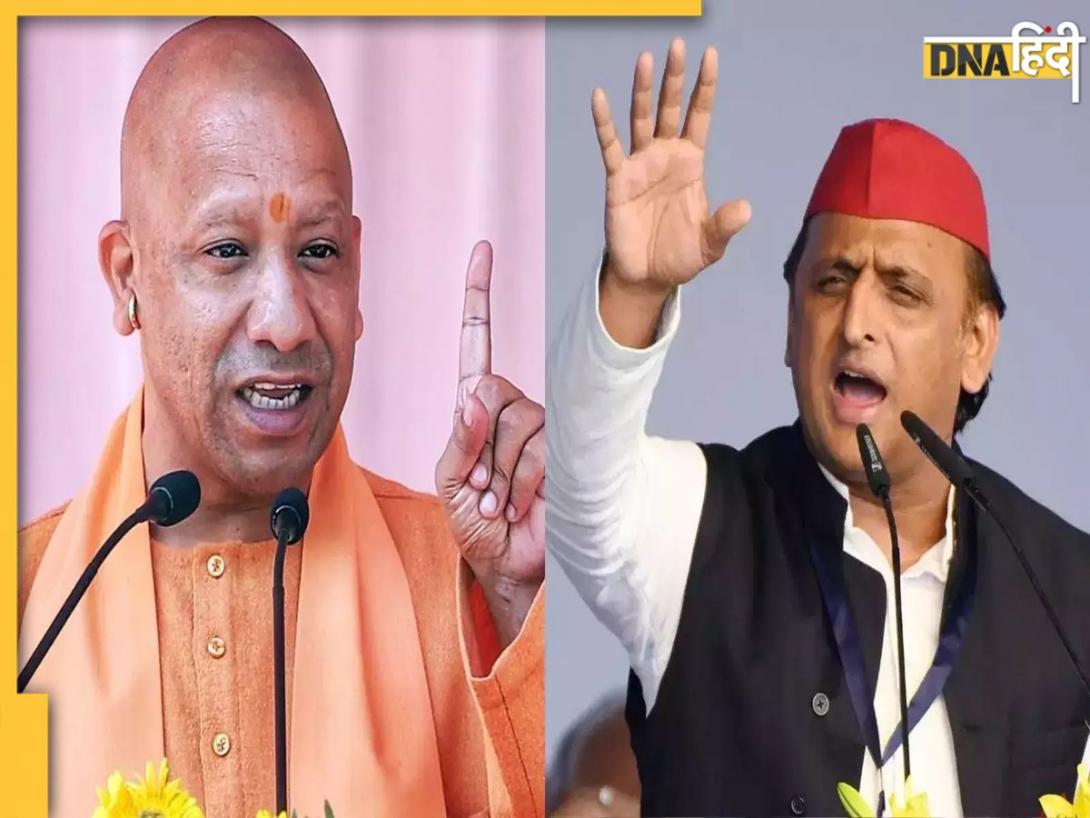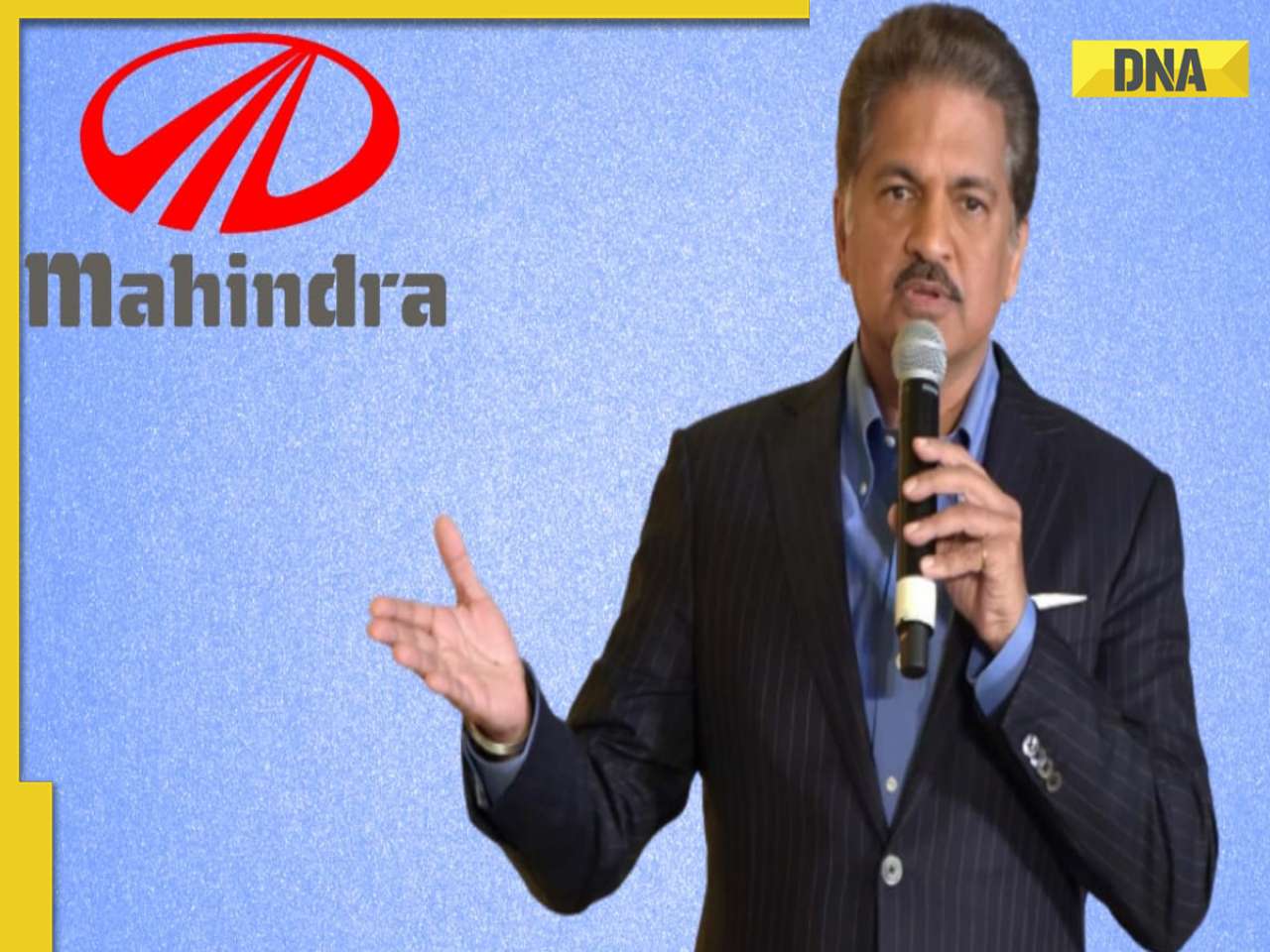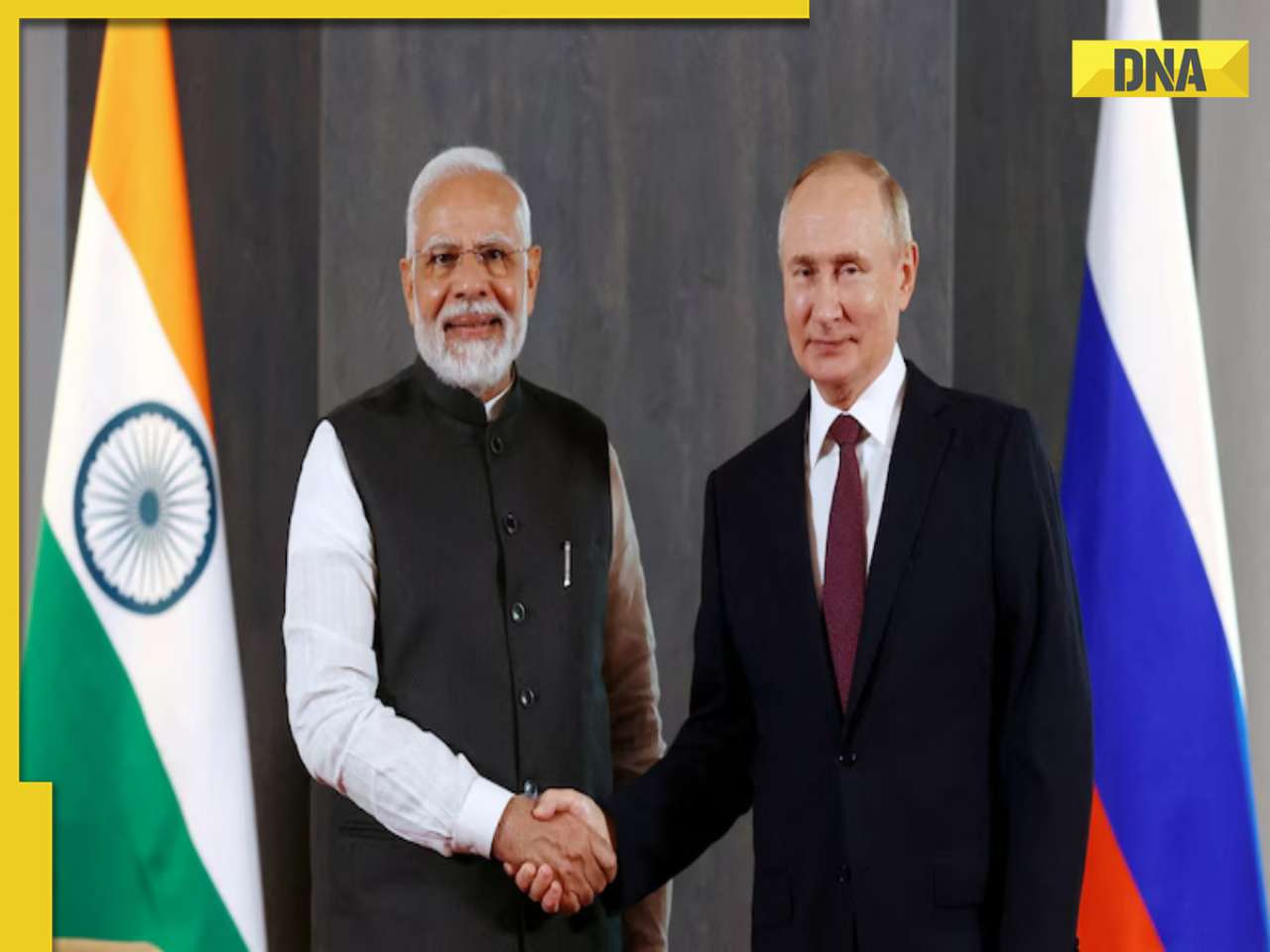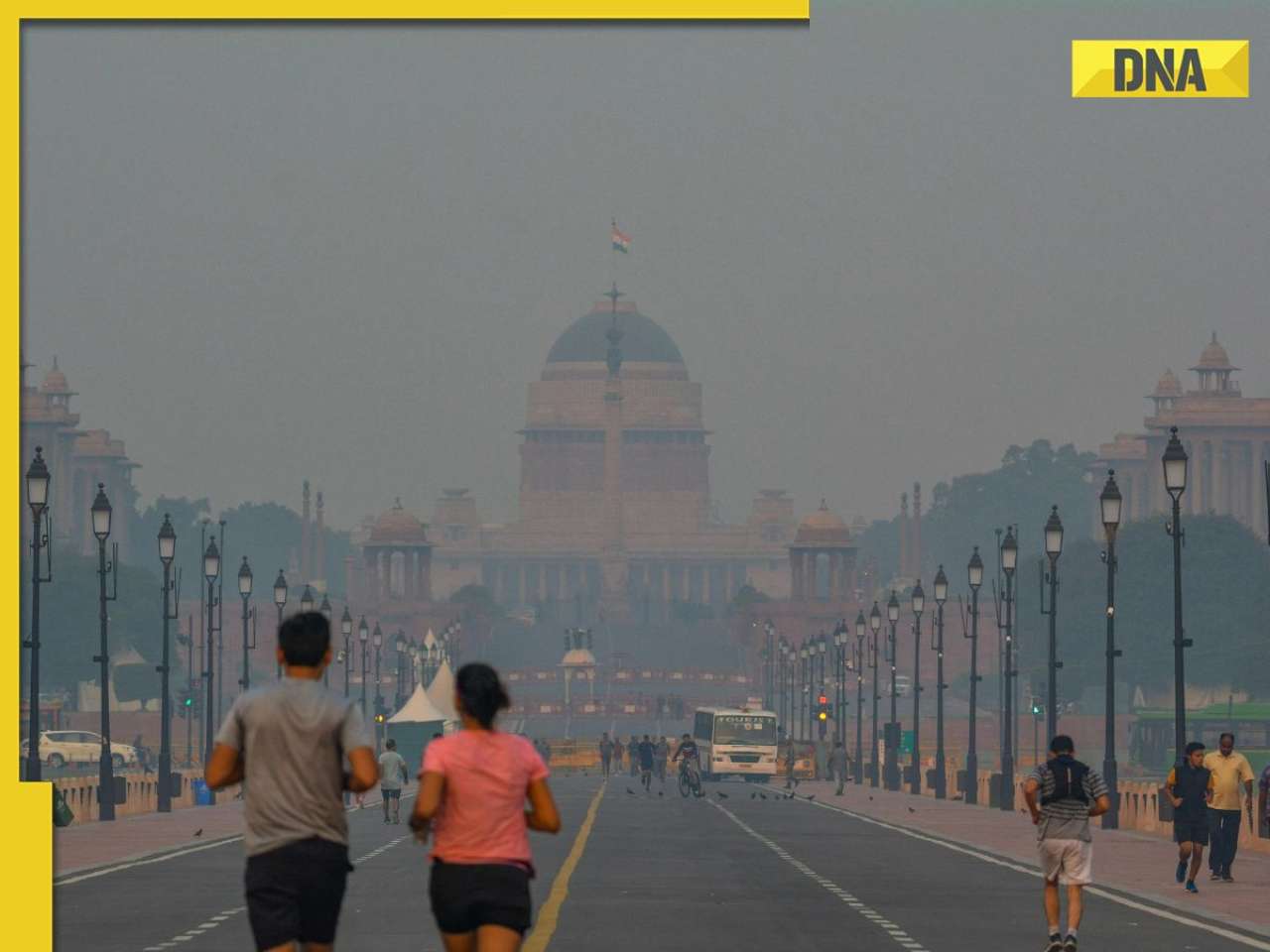- LATEST
- WEBSTORY
- TRENDING
ANALYSIS
India is phasing out the use of DDT, but it's not tackling its long-term effects
A poisoned country.
TRENDING NOW
A few weeks ago, India entered into an agreement with the UN to end the use of the insecticide DDT by 2020. DDT had been used in agriculture for decades until it was restricted in 1989, but 6,000 tonnes of DDT are still produced annually for the eradication of mosquitoes and other pests. This would be perfectly understandable, except for the simple fact that DDT has become ineffective — in the last decade, most insects have developed a resistance to it. The resulting instinct to simply use greater amounts of DDT or replace it with other harmful Persistent Organic Pollutants (POPs) has infused India’s soil, water and air with a concoction of noxious chemicals.
Other insecticides and pesticides that are used specifically for agriculture further contaminate our environment. After it restricted DDT, the government began encouraging the use of other POPs that were potentially even more harmful, such as HCH (later banned in 1997), endosulfan (later banned in 2011) and then lindane (restricted in 2012). Rather than acknowledge that the makeup of all POPs render them intrinsically harmful, the government seems to be promoting different POPs in turn until each is found to have tangible toxic effects.
Perhaps this is due to the fact that India is the second largest producer of pesticides in Asia and the fourth in the world. Samples of drinking water across India show high concentrations of HCHs, endosulfan isomers and DDT metabolites. Laws in India do permit some level of these substances in food and water, but these amounts are many times higher than those allowed in the West. DDT doses in food, for instance, are permitted to be seven times higher than doses in the European Union; lindane doses are allowed to be a 100 times higher and endosulfan doses 40 times higher (and 200 times higher for water). The air in Indian cities has also been recorded to contain the highest concentration of HCHs in the world.
The pervasive presence of DDT and other POPs is a consequence of their slow degradation. DDT-infused indoor insecticide spray used thirty years ago still lingers on the walls of homes. Crops that are grown in fields that were sprayed with DDT in the last decades show substantial traces of the insecticide. Unfortunately, the degradative products of some POPs are also highly toxic.
Because of their resilience, POPs have a tendency to persist in organisms. This leads to bioaccumulation, which means that the higher up an animal is in the food chain, the greater the concentration of a POP it contains. For instance, while the dose of DDT in one worm might not substantial, a bird that eats three worms ingests an amount that might be lethal to it. In the US, the use of DDT has been proven to thin out eggshells and make them prone to breakage. This has resulted in the severe decline of several species of birds, including America’s national bird, the magnificent bald eagle. In addition to birds of prey, waterfowl and songbirds, marine life is especially susceptible to the bioaccumulation of DDT. Fish from the rivers Gomti and Ganga have been found to have concentrations of DDT a thousand times greater than limits proposed by the US Environmental Protection Agency.
Humans, at the top of the food chain, are at great risk of ingesting harmful amounts of the insecticide. Samples of women’s breast milk in Delhi were found to have levels of DDT 12 times higher than those recommended and blood tests were also shown to possess unsafe levels of POPs. In human and animal bodies, large amounts of DDT turns cells carcinogenic, provokes endocrine disruption and corrupts reproductive systems (diminishing semen quality and increasing the potential for miscarriages in mammals).
Rachel Carson, through her groundbreaking book Silent Spring, galvanised the American public in the 1970s into protesting the use of DDT in the US. “In nature nothing exists alone”, she said. Carson showed that the use of DDT tore apart delicate ecological systems developed over millennia by inducing resistance in certain species and poisoning others. Moreover, DDT and other POPs can be found hundreds of miles away from the area they were used in. Soil erosion and rainwater runoff and wind and water currents means that no place, no animal and no person has escaped these chemicals. Freshwater bodies in India are contaminated with POPs, as well as a large portion of the country’s groundwater.
The Indian government has shown resistance to changing the current situation. During the Stockholm Convention on POPs in 2011, India was the only country to resist the ban of endosulfan, probably because it was the largest producer of the POP in the world. It only ratified the agreement when certain crops were exempted from the endosulfan ban. Shockingly, this meeting took place after official reports had acknowledged in 1995 that the use of endosulfan in the state-owned plantations in Kerala caused at least 500 deaths, though unofficial estimates put the number at 4,000. More than 9,000 people were sickened in the endosulfan tragedy. Babies were increasingly being born with abnormalities, neurobehavioral disorders and congenital malformations.
Kasargod, the area in Kerala that was affected, was also once very rich in wildlife. But after the use of endosulfan, plant diversity decreased by 40-70%, fish species died in droves, and honeybees and butterflies were noticeably absent. A large number of animals and birds — the endangered Nilgiri langur, the jungle cat, the mouse deer, the flying fox, the fairy- bluebirds and large cuckoo shrikes, to name just a few— disappeared.
While part of the problem lies in the fact that POPs are fatal, other issues stem from their incorrect usage. Many farmers in India tend to use insecticides indiscriminately. Moreover, huge amounts — more than 47 tons — are lying in storage in various parts of India, past their expiry date. Like the radioactive waste from a nuclear reactor, these chemicals must be contained, lest they risk contaminating their surroundings. There is also a depressingly small amount of research being done about POPs and the impact they have specifically in the Indian context.
Much more needs to be done by the government, scientists, agricultural workers and environmentalists to ensure that POPs are disposed of safely and used in a limited manner — or even better, replaced with environmentally friendly insecticides and pesticides. As Rachel Carson asked, “How can intelligent beings seek to control a few unwanted species by a method that contaminated the entire environment and brought the threat of disease and death even to their own kind?”
The author is an environmentalist.


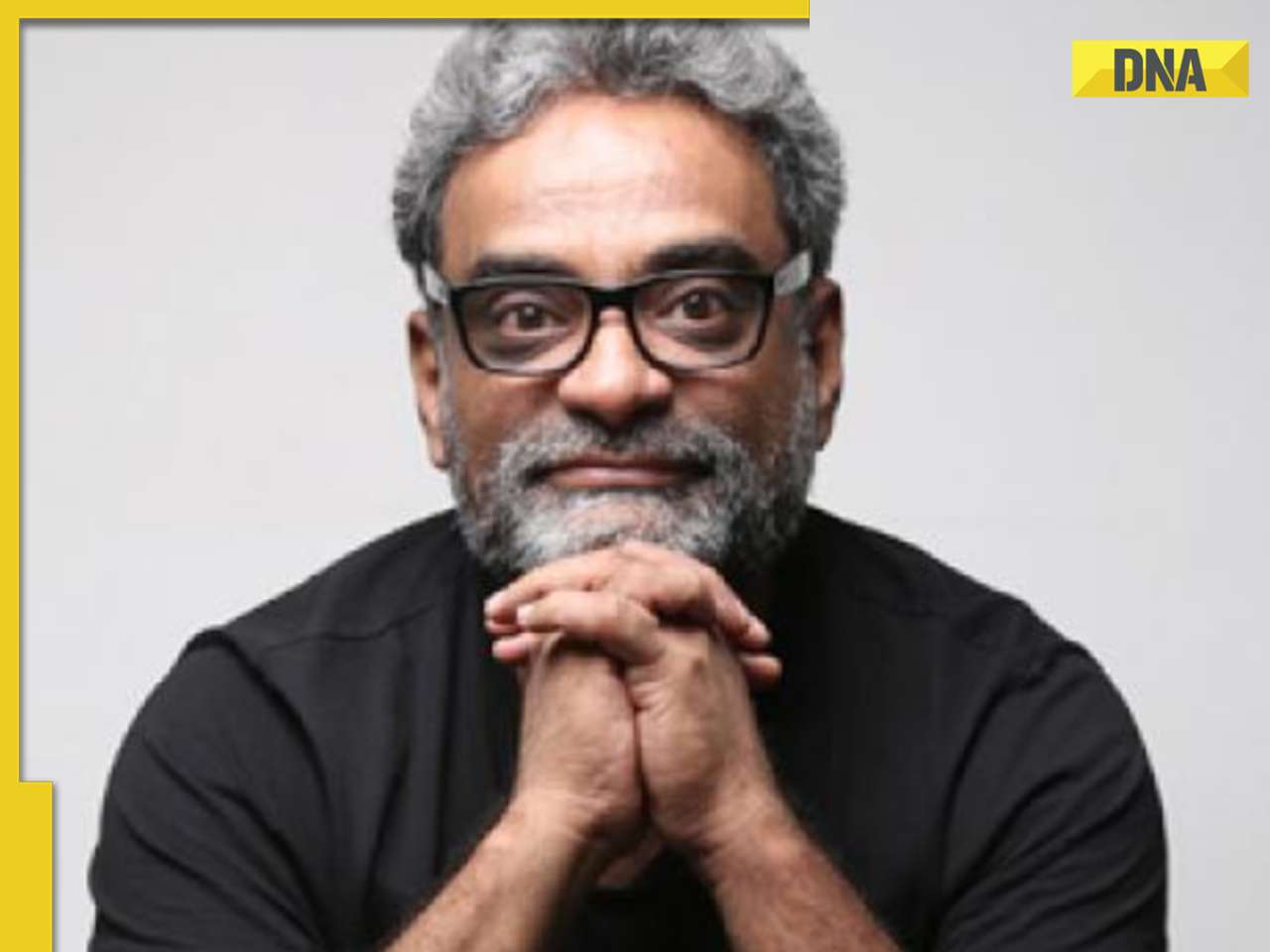


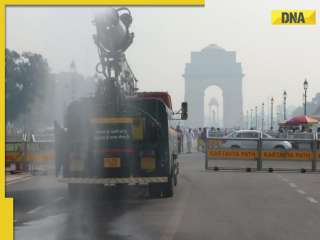

)
)
)
)
)
)
)
)
)
)
)
)
)
)
)
)























